This modern riff on the 15th Century morality play Everyman follows Everybody (chosen from amongst the cast by lottery at each performance) as he or she travels down a road toward life's greatest mystery.
Queer Women Dominate Pop Culture: All Things Go Festival Marks a Turning Point
This weekend at New York's Forest Hills Stadium, thousands gathered for the All Things Go music festival, which, for the first time, took its inclusive celebration of independent music beyond its Washington, D.C. roots to New York. As rain-soaked concertgoers moved through puddles in Doc Martens and ponchos, the energy in the air felt electric and joyful. With rainbow heart-shaped stickers worn by venue staff, LGBTQ+ pride flags doubling as capes, and pink cowboy hats filling the crowd, the festival reflected a community united not just by its love of music, but by a shared cultural experience.
All Things Go started as a modest music blog founded by Will Suter, Stephen Vallimarescu, Zack Friendly, and Adrian Maseda. Just like the rise of online casino, it evolved into a music festival in 2014 at Washington’s Union Market and later expanded to larger venues, including the Merriweather Post Pavilion in Maryland. This year, to celebrate the festival's 10th anniversary, simultaneous events were held in Maryland and New York. The expansion highlighted its remarkable journey and solidified its position as a unique platform amplifying marginalized voices in pop.
Women Rule All Things Go
The New York edition of the festival featured a lineup almost exclusively comprising female artists, many of whom identify as LGBTQ+. Headliners included Boygenius’ Julien Baker, Ethel Cain, Muna, Janelle Monáe, and René Rapp—all influential voices in today’s pop scene, who are also either queer, bisexual, pansexual, or lesbian. Chappell Roan, another key performer who identifies as queer, was initially set to perform before pulling out due to health reasons. Even in her absence, her presence was felt, with drag queens leading a singalong to her hit songs—evidence of how deeply Roan's music resonates with the community.
In many ways, this lineup exemplifies a transformative era in pop music where queer women not only occupy center stage, but actively shape and define the genre's direction. Before taking the stage on Saturday night, pop band Muna lit up the LED screens with the phrase "LESBOPALOOZA," perfectly capturing the festival's energy and intention.
“It’s not unheard of or unusual, by any means, for a music festival to feature nothing but queer women musicians,” said Nadine Hubbs, a professor of women’s and gender studies and music at the University of Michigan. However, she pointed out that All Things Go is groundbreaking for a different reason. While previous movements like the 1970s women's music scene, the riot grrrl punk revolution of the '90s, or Lilith Fair's embrace of female musicians have all focused on giving queer women a stage, All Things Go brings this tradition to mainstream pop—a genre whose stars are today topping charts and performing on mainstream platforms like "Saturday Night Live."
Changing Narratives in Pop
Hubbs notes that the dominance of queer women in pop today partly results from increased representation. With more stars coming out publicly, younger women in the spotlight feel supported and encouraged to express themselves authentically. Queer artists are not only breaking barriers by coming out, but they’re also writing and singing explicitly about their experiences and sexuality in ways that feel genuine and sophisticated. Songs like Chappell Roan’s "Red Wine Supernova" and Billie Eilish's "Lunch" reflect a level of openness that resonates with diverse audiences.
The mainstream appeal of queer female musicians now means their messages of love, desire, and struggle reach far beyond their community. They are influencing broader conversations about identity, inclusivity, and empowerment. “What’s new about it is how much it is at the center of pop music right now,” Hubbs said.
A Decade of Change: The Rise of Female-Forward Festivals
The roots of this cultural shift in pop music, according to Hubbs, go back to movements like MeToo, which ignited conversations around gender equality and representation. All Things Go took a cue from these moments in 2018, when it partnered with the Women’s March and booked an all-female lineup, a decision orchestrated by musician Maggie Rogers and Neon Gold Records' Lizzy Plapinger. That event became a "commercial success," and the demand for more female-forward artists led to a new direction for the festival.
“Booking at least a 50-60% female lineup should not be difficult,” said Carlie Webbert, a manager at All Things Go focused on partnerships and marketing. For All Things Go, it’s about creating a space that encompasses a fan’s entire world rather than merely trying to fill a quota. The festival's unique appeal lies in curating an experience that mirrors what the fans desire—an event that goes beyond the biggest names and dives into the artists they genuinely love and connect with.
Shaping a Generation
One notable aspect of All Things Go is the empowerment it represents for the younger generation. “It may not signal so much that our culture has changed as that it will change as a result,” Hubbs commented. Today’s young women and LGBTQ+ fans, whose identities and experiences are reflected in the music they listen to, are rejecting outdated norms. They refuse to be shamed and are highly aware of the structural injustices and abuses that previous generations faced.
This changing mindset is what the festival captures so well. The sight of thousands standing in the rain, singing along to their favorite artists, and engaging in this communal experience is not just about music—it is about redefining cultural narratives. The festival space itself becomes a symbol of this transformation. Rainbow stickers, pink cowboy hats, glittery vulva props, and rainbow flags aren't just accessories—they are emblems of a shared culture that celebrates identity, authenticity, and empowerment.
A Cultural Zeitgeist of Joy and Defiance
Closing the festival, Janelle Monáe's larger-than-life performance was a fitting finale for an event that had, for a weekend, created a safe space for self-expression. Donning a vulva-shaped headpiece, Monáe embodied the festival’s celebratory spirit—both playful and defiant, offering fans a celebration of freedom and authenticity.
The future of pop music is queer, and it’s bold. As fans stood in line to vote for next year's headliners—ten artists, all women—the festival's trajectory became clear. All Things Go has positioned itself at the heart of a cultural shift where queer voices are celebrated, where female-forward music thrives, and where the once-niche finds its way into mainstream adoration.
The transformation is not just in the music but also in the attitudes of the fans—the young women, queer individuals, and allies who stand proudly, unbothered by the rain or societal expectations. As two fans in matching pink ponchos aptly put it while disappearing into the crowd, “It’s All Things Gay.” And for pop music, that's a beautiful thing.
- Branden Jacobs-Jenkins
Authors
Videos
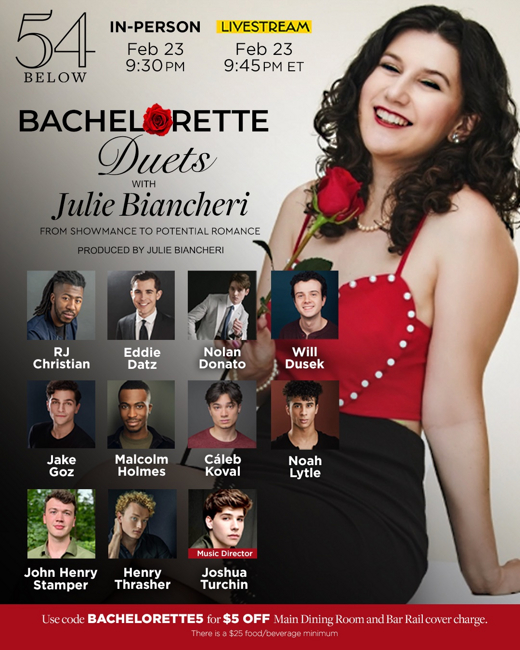 |
Bachelorette Duets with Julie Biancheri
54 Below (2/23 - 2/23) | |
 |
Piano Panties: A Cheeky Cabaret Show
Sid Gold’s Request Room (7/2 - 6/30) | |
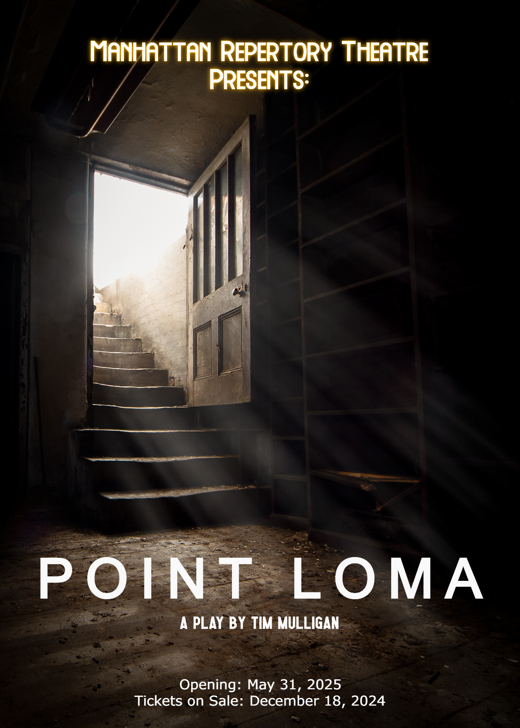 |
Point Loma
Chain Theatre (5/31 - 6/15) NEW PLAY | |
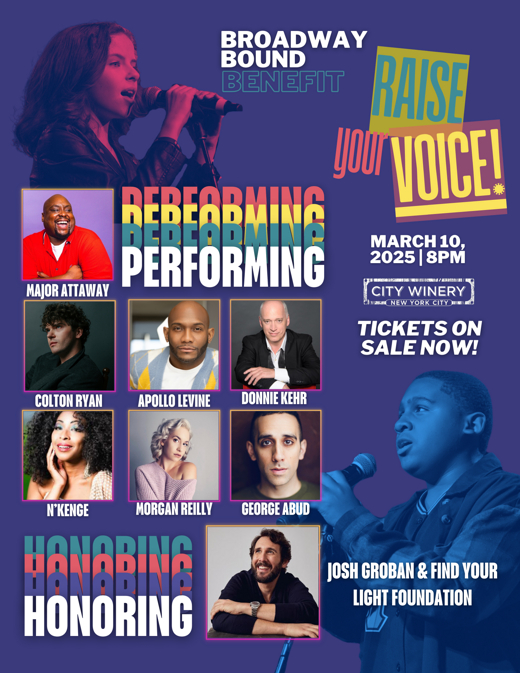 |
Raise Your Voice!
City Winery (3/10 - 3/10) LIMITED TICKETS REMAIN | |
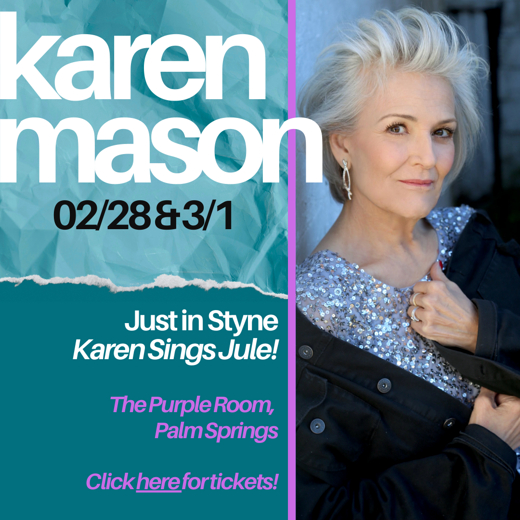 |
JUST IN STYNE...KAREN SINGS JULE!
THE PURPLE ROOM (2/28 - 3/2)
VIDEOS
| |
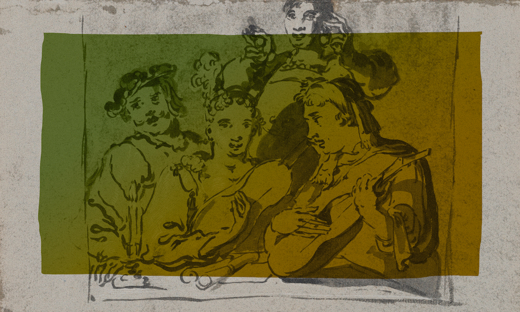
|
Rosettes
Good Shepherd-Faith Presbyterian Church (4/26 - 4/26) | |
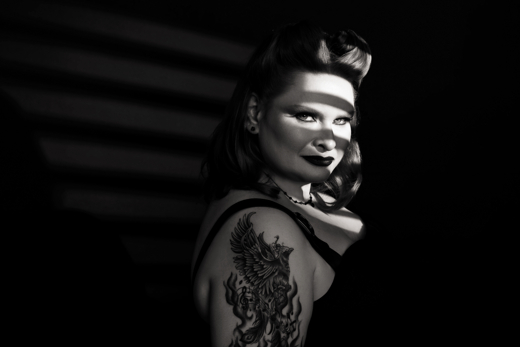
|
If You Hadn't, But You Did...songs of love, sex, and murder
Don't Tell Mama NYC (2/23 - 2/23) | |

|
OLD FRIENDS
Pangea (3/4 - 3/11) | |
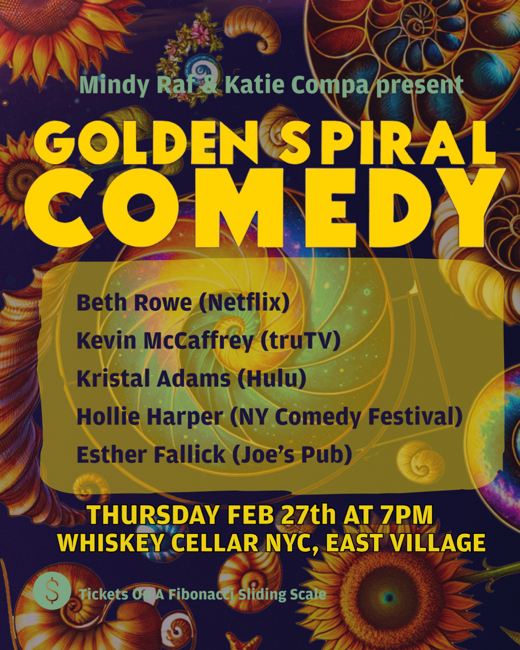
|
Golden Spiral Comedy Feb 27th!
Whiskey Cellar (2/27 - 2/27) | |
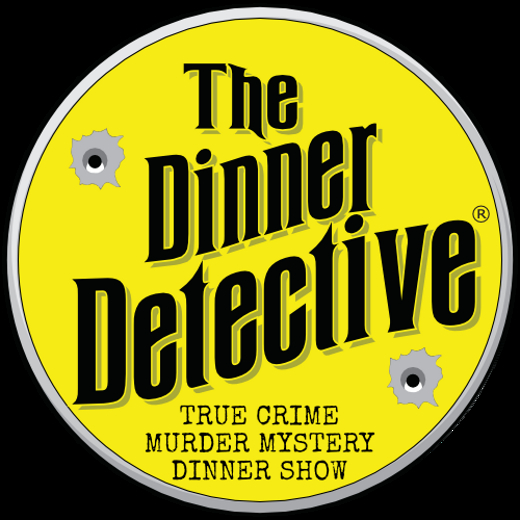
|
The Dinner Detective Comedy Mystery Dinner Show
The Dinner Detective NYC (3/15 - 3/15) | |
| VIEW SHOWS ADD A SHOW | ||
Recommended For You


